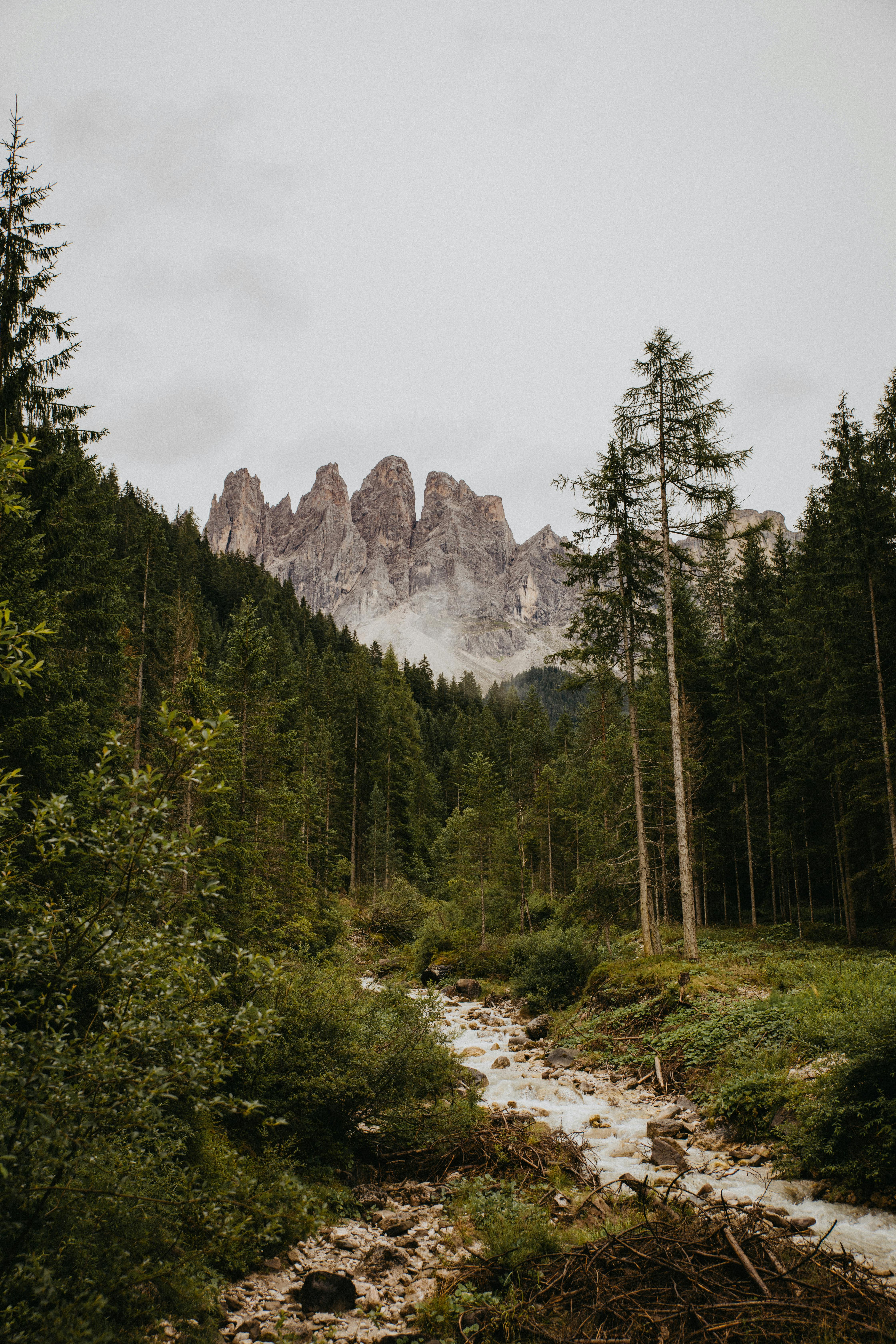If you’re a well owner interested in water conservation, you might be wondering whether there are any resources available to support your efforts. Thankfully, you’re not alone in your quest to conserve water and protect this invaluable resource. From tips on managing your well system efficiently to information on sustainable water usage practices, there are a variety of resources out there to assist well owners like you. Whether you’re a seasoned well owner or just starting out, this article will explore some of the valuable resources that can help you on your journey towards water conservation.

1. Government Programs
As a well owner interested in water conservation, you’ll be pleased to know that there are various government programs available to support your efforts. These programs can provide valuable assistance and resources to help you conserve water and protect your well.
1.1 Federal Programs
The federal government has implemented several programs aimed at promoting water conservation. These programs offer funding opportunities, technical assistance, and educational resources for well owners. For example, the Environmental Protection Agency (EPA) provides grants to states to develop and implement water conservation initiatives. These grants can help fund projects such as well system upgrades, leak detection, and public awareness campaigns.
1.2 State Programs
Many states have their own water conservation programs specifically tailored to the needs of well owners. These programs may offer financial incentives, rebate programs, or low-interest loans to support water conservation efforts. Additionally, state programs often provide valuable information on water conservation best practices and regulations specific to your area. Contact your state’s water resources or environmental protection agency to learn more about the programs available in your region.
1.3 Local Programs
In addition to federal and state programs, local governments and municipalities may have their own initiatives to encourage water conservation among well owners. These programs often focus on community outreach and education, providing information on water conservation techniques and resources. Some local programs may also offer free or discounted water-saving equipment, such as low-flow showerheads or rain barrels. Check with your local authorities to find out what programs are available in your area.
2. Conservation Techniques
Implementing effective water conservation techniques is essential for well owners seeking to minimize water waste and protect their groundwater resources. By adopting these strategies, you can reduce your water consumption and ensure the long-term sustainability of your well.
2.1 Watering Strategies
One of the most significant contributors to water waste is inefficient watering practices. By utilizing proper watering strategies, you can optimize water usage and minimize wastage. Consider watering your lawn and garden during the early morning or evening when evaporation rates are lower. This allows for better absorption by plants and reduces the amount of water lost to evaporation.
2.2 Rainwater Harvesting
Rainwater harvesting is an excellent technique for well owners to conserve water. By collecting rainwater, you can reduce your reliance on groundwater for irrigation purposes. Install rain barrels or larger cisterns to capture rainwater from rooftops and gutters. This collected water can then be used for tasks like watering plants, washing cars, or even flushing toilets, reducing your overall water consumption.
2.3 Irrigation System Audits
Regularly auditing your irrigation system can help identify any inefficiencies or leaks that may be contributing to water waste. Conduct a thorough inspection of your system to check for broken or clogged sprinkler heads, damaged pipes, or misaligned nozzles. Fixing these issues promptly can make a significant difference in water conservation and save you from costly water losses.
3. Well Maintenance
Maintaining your well is crucial not only for its longevity but also for efficient water usage. Regular inspections, leak detection, and upgrades are essential to ensure the optimal functioning of your well system.
3.1 Regular Inspections
Regular inspections of your well are paramount to identify any potential issues that may lead to water wastage or contamination. Hire a professional well inspector to conduct routine inspections and perform necessary maintenance tasks. Inspections may include checking for leaks, measuring water levels, and assessing the overall condition of the well structure.
3.2 Fixing Leaks
Leaky pipes and fixtures can contribute to significant water loss, impacting both your water bills and the environment. Conduct regular checks for leaks throughout your well system, including pipes, valves, and faucets. If you notice any leaks, promptly fix or replace the faulty components to prevent water wastage. Additionally, consider installing leak detection devices that can quickly alert you to any leaks in your system.
3.3 Upgrading Pump Systems
Upgrading your well pump system can lead to both water and energy savings. Older pump systems may be less efficient, resulting in unnecessary water waste and increased electricity consumption. Consider upgrading to a more energy-efficient and water-saving pump system. Variable speed pumps and pressure regulators can help optimize water usage and minimize energy consumption by adapting to the specific needs of your household.
4. Water Monitoring
Monitoring the quality and quantity of your well water can help you better understand your water usage patterns and identify any potential issues. Various tools and technologies are available for well owners to monitor and manage their water resources effectively.
4.1 Water Testing Kits
Regularly testing your well water is crucial to ensure its safety and quality. Water testing kits are readily available and provide an easy way to analyze the chemical composition of your water. These kits can help you identify contaminants, such as bacteria, nitrates, or heavy metals, and take appropriate measures to address any potential health or pollution concerns.
4.2 Metering Systems
Installing a metering system can provide valuable insights into your water usage patterns. By accurately measuring and recording your water consumption, you can identify areas of high water usage and implement targeted conservation strategies. Metering systems can also help detect leaks or abnormal water usage, allowing you to take prompt action.
4.3 Smart Technology
Advancements in technology have led to the development of smart water monitoring systems. These systems use sensors and data analytics to monitor water usage, detect leaks, and provide real-time information on your well’s health. Some smart technology applications even allow for remote monitoring and control, providing convenient access to your well’s data from anywhere.

5. Educational Resources
Staying informed about water conservation practices and techniques is crucial for well owners. Various educational resources are available to help you understand the importance of water conservation and provide guidance on implementing sustainable practices.
5.1 Online Guides and Courses
Online guides and courses offer a wealth of information on water conservation tailored specifically to well owners. These resources cover a range of topics, including well maintenance, efficient watering techniques, and the latest advancements in water-saving technology. Many of these resources are free or available at a nominal cost, making them easily accessible to anyone interested in learning more about water conservation.
5.2 Workshops and Webinars
Attending workshops and webinars is an excellent way to gain practical knowledge and interact with experts in the field of water conservation. These events provide opportunities to learn about the latest research, best practices, and innovative solutions for well owners. Workshops and webinars often allow for Q&A sessions, enabling you to seek personalized advice and guidance for your specific needs.
5.3 Professional Consultation
If you require more in-depth assistance, consider consulting with professionals specializing in water conservation. These professionals can provide personalized advice, conduct water audits, and help develop comprehensive water conservation plans tailored to your well system. Their expertise can help you optimize water usage and ensure maximum efficiency and sustainability.
6. Financial Assistance
Embarking on water conservation efforts may require financial investments. Fortunately, there are several financial assistance programs available to support well owners interested in conserving water and protecting their wells.
6.1 Rebate and Incentive Programs
Many utilities and governmental organizations offer rebate and incentive programs to encourage water conservation. These programs provide financial incentives for adopting water-saving technologies and practices. Examples include rebates for purchasing water-efficient appliances, incentives for rainwater harvesting systems, or grants for well system upgrades.
6.2 Loans and Grants
Loans and grants can provide much-needed financial support to implement water conservation measures. Various organizations, including governmental agencies and nonprofit foundations, offer loans and grants specifically for well owners. These funds can help cover the costs of well maintenance, pump system upgrades, or water-saving equipment installations.
6.3 Tax Credits
Certain jurisdictions offer tax credits or deductions for well owners who invest in water conservation initiatives. These credits can provide financial relief by reducing your overall tax liability. Consult with a tax professional or local authorities to understand if any tax incentives are available to you based on your location and the water conservation measures you undertake.

7. Community Support
Community support and collaboration can greatly contribute to the success of water conservation efforts among well owners. By connecting with like-minded individuals and organizations, you can share knowledge, resources, and experiences.
7.1 Well Owners Associations
Well owners associations are community-based organizations that bring together well owners to address common challenges and promote water conservation. These associations often organize networking events, educational programs, and workshops to facilitate knowledge sharing. By joining a well owners association, you can tap into a network of experienced individuals and gain insights into effective water conservation practices.
7.2 Water Conservation Organizations
Water conservation organizations work tirelessly to promote sustainable water usage practices and protect valuable water resources. These organizations often provide valuable resources, educational materials, and advocacy services for well owners. Engaging with these organizations can help you stay updated on the latest conservation initiatives and connect with a wider community dedicated to water conservation.
7.3 Peer-to-Peer Platforms
Peer-to-peer platforms allow well owners to connect with each other, share experiences, and exchange tips and advice on water conservation. These online communities provide a forum for discussion, collaboration, and support. Participating in these platforms can help you learn from the experiences of others, find solutions to common challenges, and stay motivated in your water conservation journey.
8. Case Studies
Case studies highlighting successful well conservation projects can provide valuable insights and inspiration for your own efforts. These case studies outline specific water conservation strategies implemented by well owners and the results achieved.
8.1 Successful Well Conservation Projects
Exploring successful well conservation projects can offer practical examples of how others have achieved significant water savings and preserved their wells. Case studies may cover various aspects of water conservation, such as rainwater harvesting, irrigation system upgrades, or effective water usage strategies. Learning from these success stories can help you tailor and implement similar practices in your own well system.
8.2 Lessons Learned
Examining lessons learned from water conservation projects can help you avoid common pitfalls and optimize your own efforts. Case studies often discuss challenges faced during the implementation phase, lessons learned, and recommendations for future projects. By understanding the experiences of others, you can make more informed decisions and maximize the effectiveness of your water conservation endeavors.
9. Legal Considerations
Understanding the legal aspects of owning a well and implementing water conservation measures is essential to ensure compliance with regulations and protect your rights as a well owner.
9.1 Ownership Rights and Responsibilities
Reviewing the legal framework surrounding well ownership is crucial to understanding your rights and responsibilities as a well owner. Familiarize yourself with local laws and regulations that govern well water usage and conservation. These regulations may cover issues such as well permitting, water allocation, and restrictions on certain water uses. By knowing and complying with these legal requirements, you can ensure the responsible use and conservation of your well water.
9.2 Permitting and Compliance
Depending on your jurisdiction, certain permits or registrations may be required for your well and water conservation activities. Research the specific permitting requirements in your area before undertaking any major well modifications or water conservation installations. Compliance with these regulations is important to avoid any penalties or legal complications that may arise from non-compliance.
10. Practical Tips and Tricks
In addition to the comprehensive information covered in previous sections, here are some practical tips and tricks to further support your water conservation efforts as a well owner:
10.1 Fixing Common Well Issues
- Be mindful of any changes in water quality or quantity and address them promptly to prevent further problems.
- Regularly maintain and clean out your well, including removing debris, sediment, and mineral deposits.
- Protect your well from potential contamination by properly sealing it and maintaining a safe distance from potential sources of pollutants.
- Keep records of well maintenance activities, inspections, and water quality test results for future reference.
10.2 Utilizing Water-Saving Appliances
- Install low-flow fixtures, such as faucets, showerheads, and toilets, which can significantly reduce water consumption.
- Consider using water-efficient appliances, such as dishwashers and washing machines with high energy star ratings.
- Opt for landscaping with native, drought-resistant plants that require less water for irrigation.
- Use mulch in your garden to retain moisture and reduce the frequency of watering.
10.3 Sustainable Landscaping Practices
- Implement proper soil management techniques, such as watering deeply but infrequently, to encourage healthier plant growth.
- Group plants with similar watering needs together to create efficient irrigation zones.
- Use natural methods, such as composting and mulching, to improve soil health and retain moisture.
- Explore xeriscaping techniques, which involve designing landscapes that require minimal irrigation and are adaptable to local climate conditions.
In conclusion, as a well owner interested in water conservation, you have access to a wide range of resources and support systems. Government programs, conservation techniques, educational resources, financial assistance, community support, and legal considerations are all important aspects to consider in your journey towards efficient water usage and the preservation of your well. By utilizing these resources and implementing effective strategies, you can make a significant contribution to water conservation efforts while ensuring the long-term sustainability of your well.
